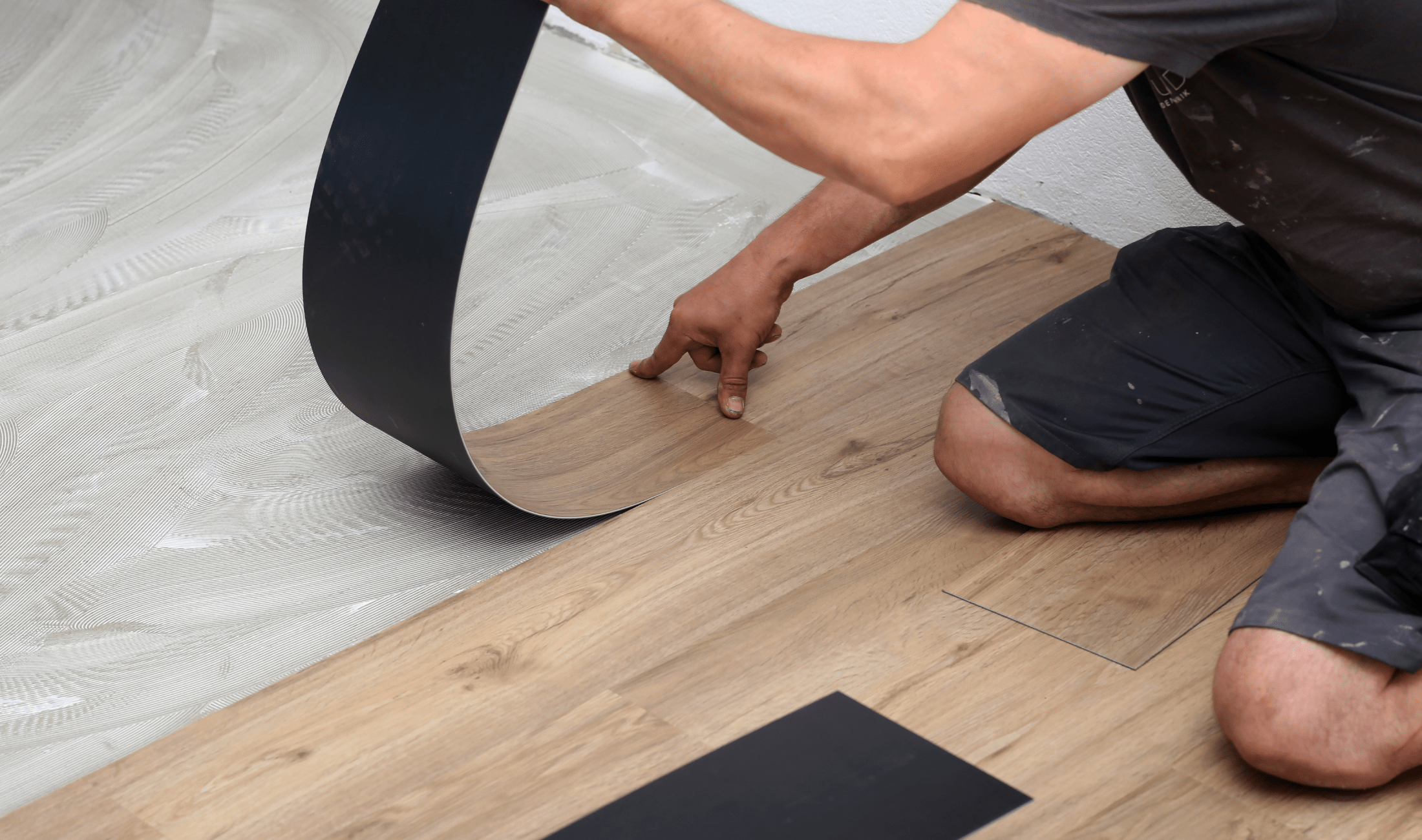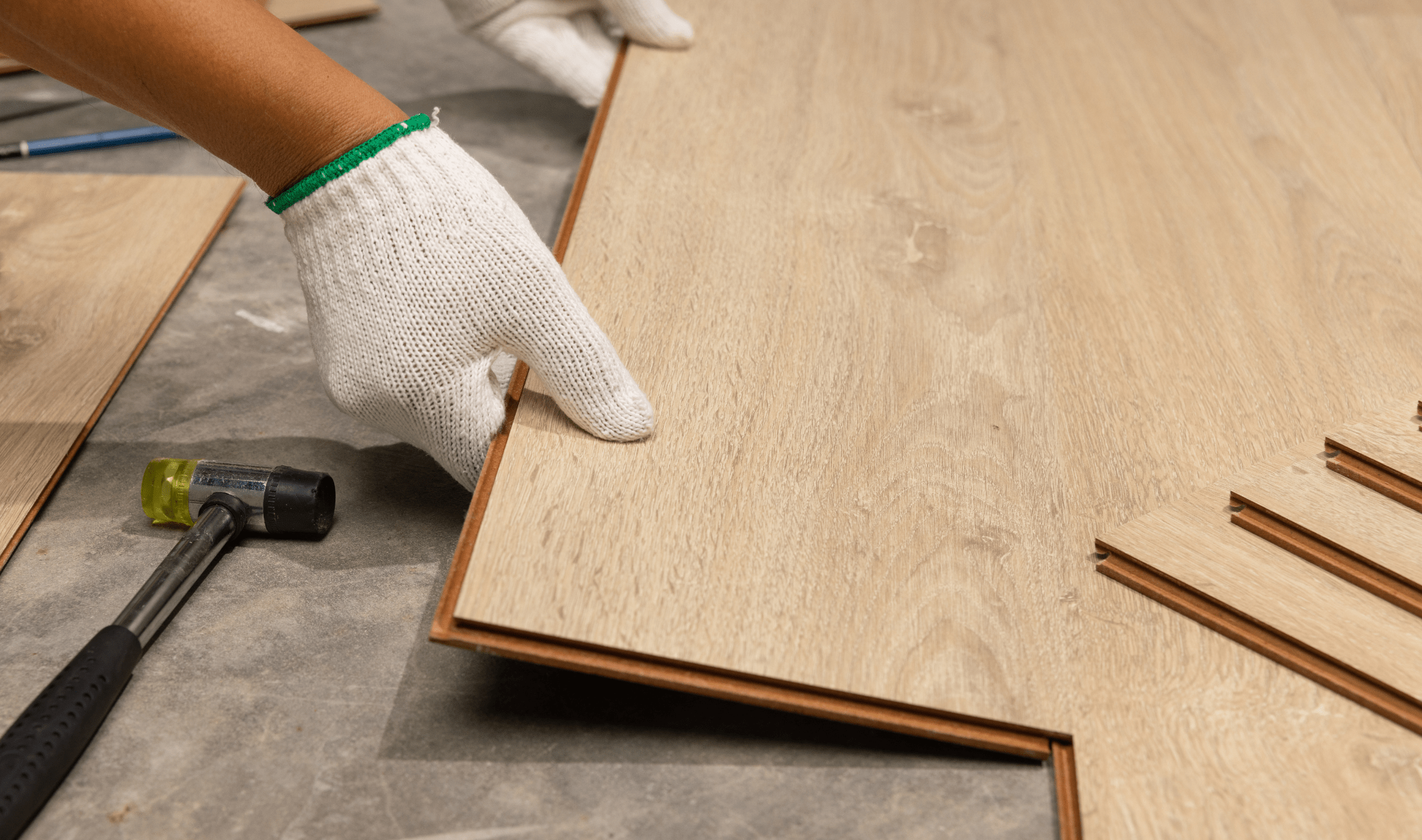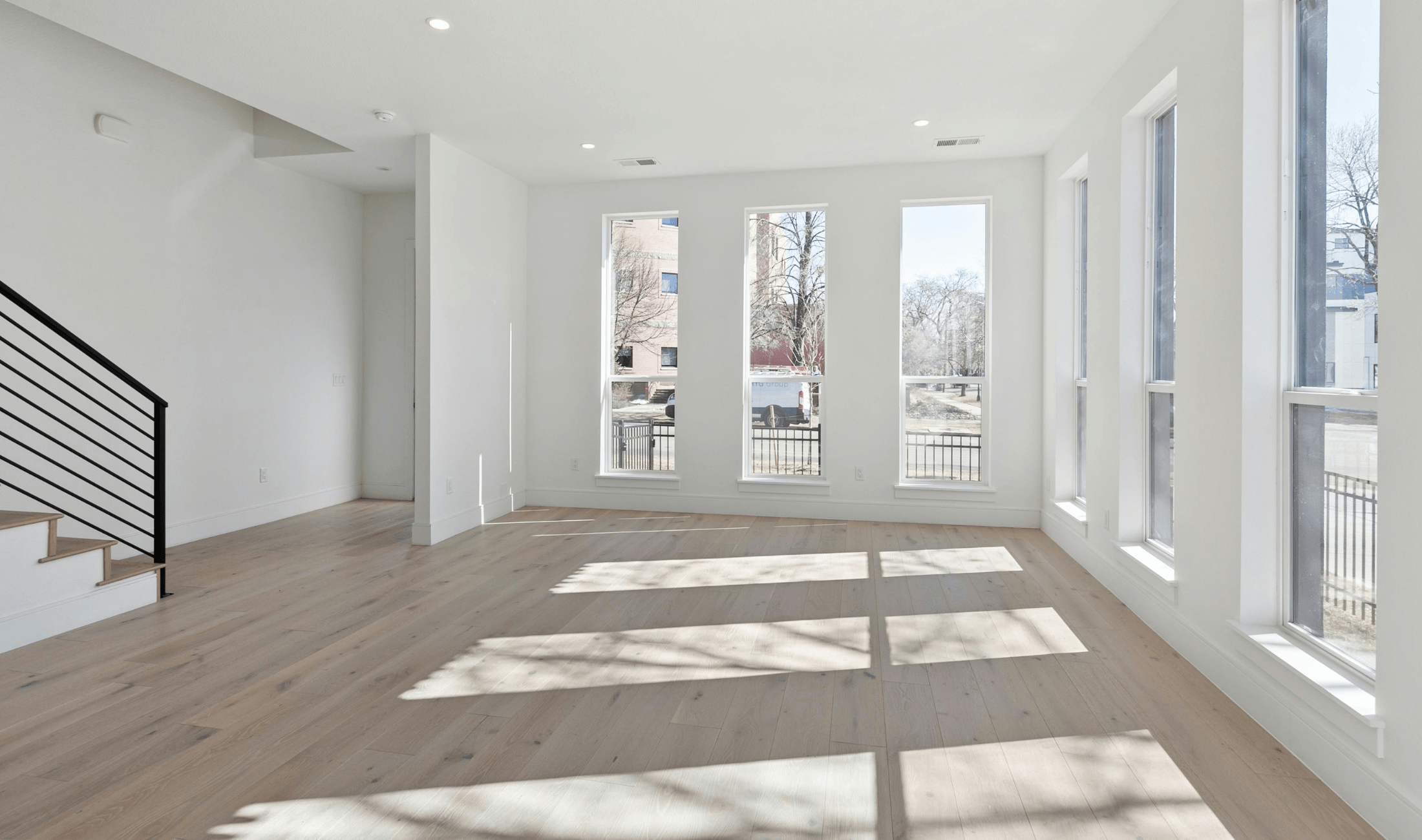Your Vinyl Flooring Could Be Poisoning Your Home
Vinyl flooring has become a go-to choice for many households. It’s affordable, easy to install, and made to last, so it’s an easy pick for many lifestyles. However, some types of vinyl flooring have been treated with chemicals that may pose risks to your health. If you have vinyl floors or are planning to install them, here’s what you need to know.
The Risk at Hand
Vinyl flooring is made out of a type of polyvinyl chloride, or PVC. While PVC can be dangerous on its own, its usually fine in your floors. It’s one of the chemicals that PVC is treated with that’s the risk here. Chemicals like butyl benzyl phthalate, or BBP, which is used to make vinyl flooring flexible and more durable. While it does its job well, BBP is a synthetic compound known for leaching into indoor air and dust and posing some major risks.

Why Is It Dangerous?
BBP is part of a group of chemicals linked to hormone disruption. Studies have found that long-term exposure to it can affect the body’s endocrine system, especially in children. It’s been connected to health problems ranging from irritated skin, to developmental delays, to asthma, and even fertility issues. In fact, a 2021 study published by Healthcare academic journal labeled phthalates in general a ‘dangerous toxin,’ encouraging brands to stop using it in their production of vinyl flooring. It’s worth noting that the danger comes not from touching the floor, but from inhaling particles or dust containing BBP.

How Common Is It Today?
Thankfully, many brands have stopped using BBP or other phthalates in their production of PVC products, replacing it with a new compound (dioctyl terephthalate) that’s been proven to be much safer. This means that new vinyl flooring is safe to use and doesn’t pose any known risks. It’s older vinyl flooring, especially if it was installed before stricter regulations came into place, that’s more likely to contain high levels of BBP. Same with recycled vinyl flooring, as you can’t truly know when it was made.

Related Articles
- How to Use Vinegar to Clean Floors the Right Way
- The Top Mistakes to Avoid When Choosing Hardwood Floors
- How to Prevent Sticky Floors After Mopping
Vinyl flooring isn’t always harmful, but it’s worth looking deeper before trusting a label that says “safe” or “non-toxic.” If you’re concerned, consider asking for BBP-free options or looking into natural materials like cork or linoleum. If you already have vinyl floors, good ventilation and regular cleaning can help lower your risk. It’s your space, and you deserve to know what’s in it.









